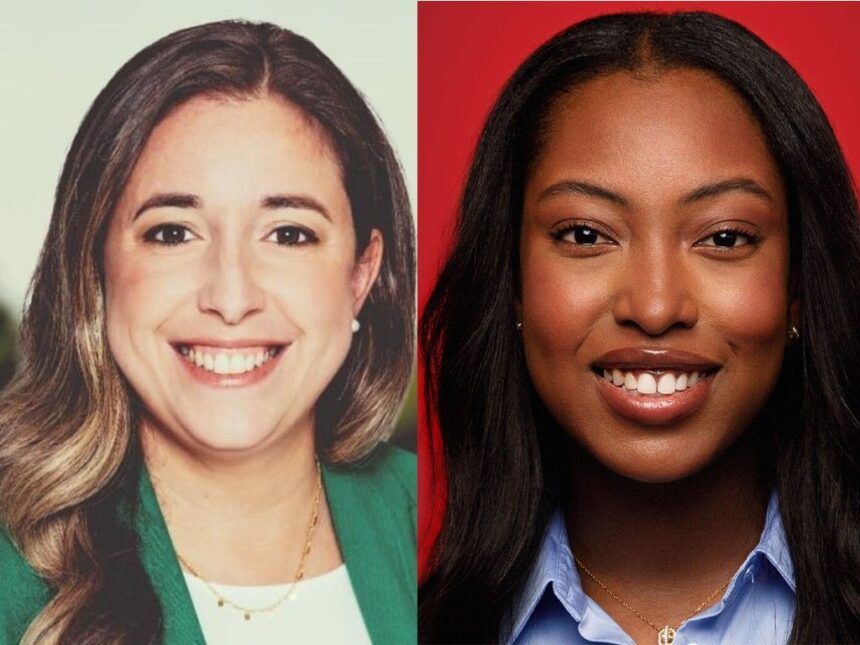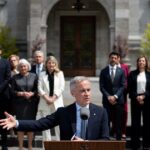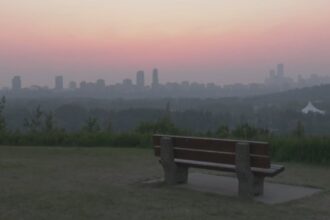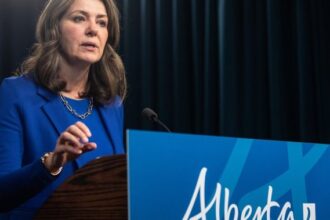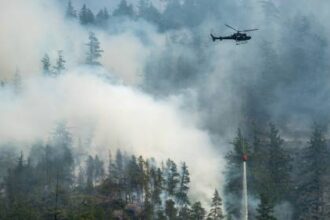The tranquil political landscape of Quebec’s La Prairie riding has been thrust into unexpected turmoil following revelations of a significant electoral oversight that may force constituents back to polling stations mere months after October’s federal election. In an unprecedented administrative blunder, Elections Canada acknowledged this week that over 600 ballots cast in advance polls were mistakenly excluded from the final count – a number that dramatically exceeds Liberal candidate Alain Therrien’s razor-thin 83-vote victory margin.
“This is an exceptional situation that strikes at the heart of our democratic process,” said Chief Electoral Officer Stéphane Perrault in a somber press conference yesterday. “The integrity of our electoral system depends on absolute precision, and in this case, we failed to meet that standard.”
The error came to light during standard post-election verification procedures when officials discovered a sealed box of ballots that had never been opened or tallied. According to Elections Canada protocols, such a significant discrepancy automatically triggers a judicial review when the number of affected votes exceeds the victory margin.
The riding of La Prairie, situated on Montreal’s South Shore, has become an unexpected battleground in recent years. Once considered a Bloc Québécois stronghold, the district has witnessed intensifying competition from Liberal and Conservative candidates. The October contest saw an exceptionally close three-way race, with Conservative candidate Isabelle Lapointe finishing just 184 votes behind Therrien.
“Every constituent deserves to have their voice counted,” said Bloc Québécois leader Yves-François Blanchet. “When 600 votes vanish in a race decided by 83, we’re not talking about a simple clerical error – we’re talking about a fundamental failure that requires immediate remedy.”
The Superior Court of Quebec has scheduled an expedited hearing for next week to determine whether the results should be nullified. Legal experts anticipate the court will likely void the election results, setting the stage for a byelection that could significantly alter the delicate balance of power in Parliament.
Political analyst Marie Desjardins of the University of Montreal suggests the stakes extend far beyond La Prairie’s boundaries. “This riding could become a microcosm of the national political temperature. With the Liberal government already operating on a precarious parliamentary minority, losing even a single seat could accelerate speculation about the government’s stability.”
For residents of La Prairie, the prospect of returning to the polls represents both democratic opportunity and democratic fatigue. “I take my civic responsibility seriously,” said local business owner Jean Tremblay. “But I also expect the system to function properly. This situation undermines confidence precisely when public trust in institutions is already fragile.”
Voters in Quebec have historically responded unpredictably to electoral controversies. According to political scientist Geneviève Tellier, “Quebec voters often react strongly to perceived institutional failures, sometimes rallying behind candidates seen as outsiders to the system that failed them.”
Elections Canada has announced a comprehensive internal investigation to determine how such a significant error occurred and what safeguards failed. Preliminary findings suggest a combination of procedural oversights and communication breakdowns between poll workers and central tabulation offices.
The potential byelection would become the first federal contest of 2024, serving as a critical test for all major parties. Political strategists are already positioning the vote as an early referendum on Prime Minister Justin Trudeau’s leadership amid declining approval ratings and growing economic concerns.
As La Prairie residents await the court’s decision, one question remains unavoidable: In an era of increasing political cynicism, can our electoral institutions recover public confidence when the very mechanics of democracy prove fallible?

